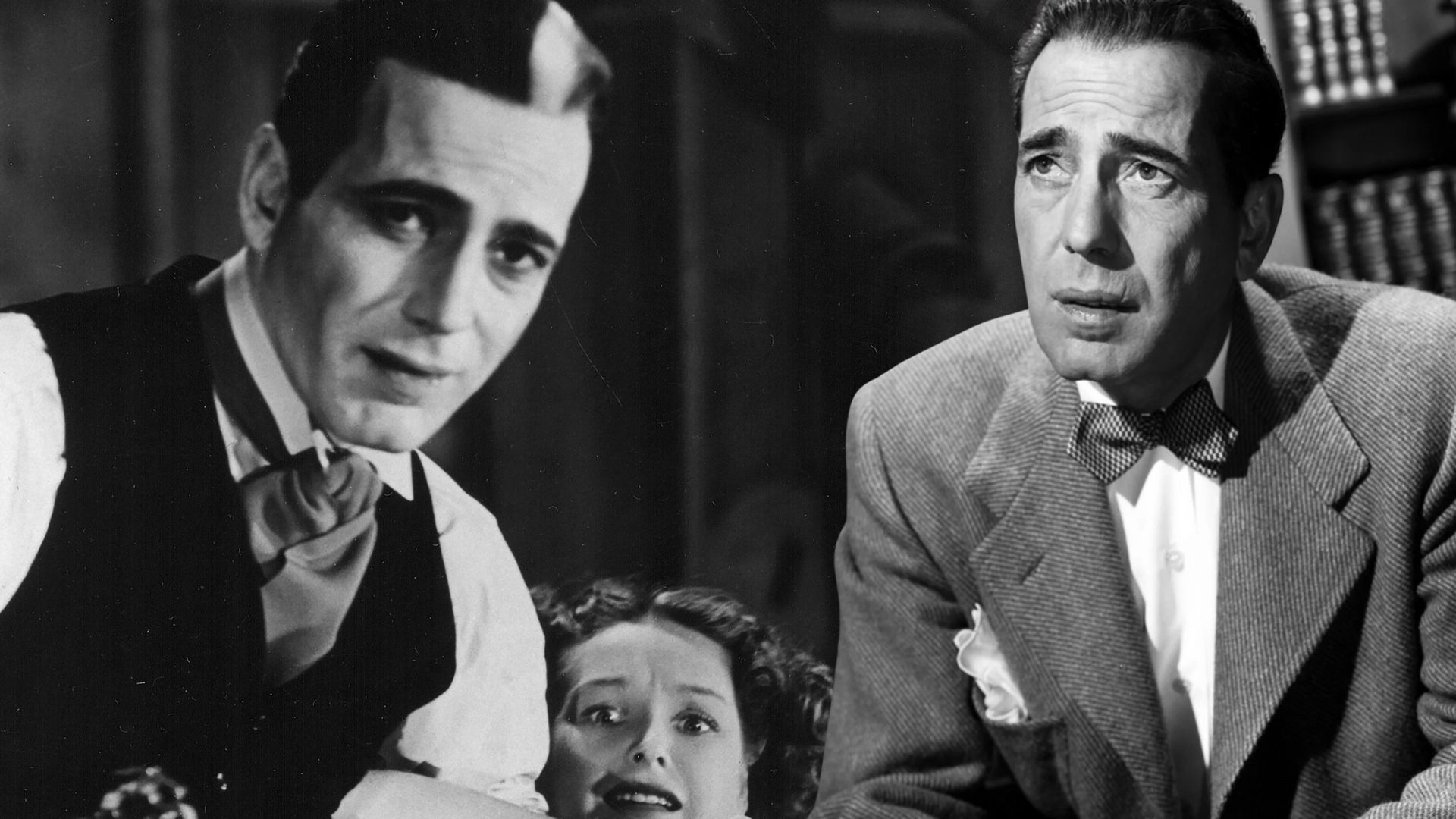Molly Novak (Maya Rudolph) is a woman who has it all, until she doesn’t. As she spirals from finding out about her husband’s side piece, it will be poor people that lift her spirits and teach her the meaning of life, of course, after Molly takes her wealth and starts a charitable foundation with it. Well, it’s not so much a spiral as a tumble. Nothing in this show is as drastic as a spiral.
Despite its use of profanity, “Loot” feels like a sitcom more than anything. Considering its subject matter, it feels surprisingly small in scale, paced in a similar fashion, and it wraps up very meaty subject matter with a very neat bow. Several of Molly’s PR debacles are worth a season of reflection, discussion, and evolution, but they’re magically resolved in less time than it takes the episode to finish. Backlash in this show is almost never explored in any meaningful fashion and it anchors the show down in its sugary safe confines, a place where Maya Rudolph can no more shine than Eddie Murphy in “Daddy Day Care.”
Maya Rudolph is one of the most agile entertainers working today. Her elastic face, saucer-sized eyes and boundless charm given the right material would make her every bit the equal of other expressionist like Jim Carrey, Jamie Foxx, and Robin Williams. But Hollywood continues to not take advantage of her talents.
As for the ensemble: Joel Kim Booster, Michaela Jae Rodriguez, and character actor Caitlin Reilly show exactly why they’ve become hot commodities recently. Rodriguez has a particular ability with showing determination and the nature of being undeterred that works well with what is asked of her character. She is also in command of her facial expressions in a way that defies explanation at times. Joel Kim Booster’s petulance is as delicious as I imagine some of those prepared meals are, and Caitlin Reilly does a lot with that faux smile perfected by so many “Real Housewives of Wherever.” But these same actors are stifled and asphyxiated by the scripts’ need to inundate us with Twitter jargon and the rather cutesy proportion of people around Rudolph’s incredibly rich personality.
Every character is so finely tuned that there is no tension. In particular, Nat Faxon’s Arthur feels far too adjusted. There’s been an uptick in these kinds of perfectly agreeable, understanding, deprecating white men who are “with us all the way” and understand exactly how to back up and let others take the lead while somehow still finding a way to be centered. Kathryn VanArendonk wrote a fantastic piece on the issue of TV’s struggle with what to do with white men and “Loot” is a continuation of that. Arthur is always saying exactly the right thing, he follows “The Squad,” he makes fun of his own whiteness, and he’s a patient listener—all of this is nice but not interesting. The problem with Faxon’s character is directly related to the overall problem of the show. It seems so hellbent on likability that it eschews actual growth.
You can view the original article HERE.





























